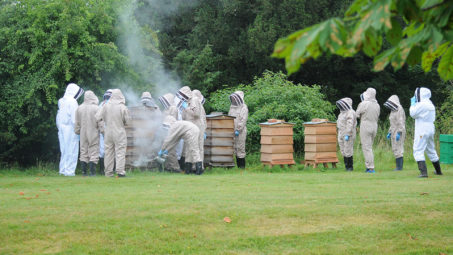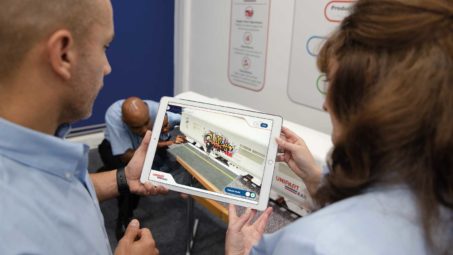
From waste to (social) wealth
Government figures estimate that five million tonnes of plastic are used each year in the UK, half of this is packaging, and just 45% of it is recycled.
Sustainability is key in a world where we must work in harmony with our natural resources in order to thrive. Here you will find content relating to sustainability, how to attain it, and why it is so important.

Government figures estimate that five million tonnes of plastic are used each year in the UK, half of this is packaging, and just 45% of it is recycled.

What happens to your IT equipment when your business no longer has a use for it?

You may have heard quite a bit about Corporate Social Responsibility (CSR). It’s all about creating a sustainable, environmentally conscious business; one which takes appropriate steps to reduce your carbon footprint, as well as tackling waste, encouraging employee development and caring about the community you live and work in.

The most significant players in the food industry are the big producers and retailers and their decision making is instrumental to sustainability and global warming.

Oxfordshire affects and is affected by everyone who lives, works or travels in it. We are Oxfordshire citizens and the organisations we lead or influence are critical to our County’s rapidly changing future.

Seacourt are THE UK’s Environmental printing company – MD Gareth Dinnage shares some insight on their journey, milestones achieved, things to be mindful off and most importantly the business case for making sustainability a key touchstone of your business.

In the war on waste and the battle to save the planet, creating a circular economy is vital, and supply chain plays a key role in the process.

Covid-19 has turned the world on its head. There has been considerable suffering as a direct result of the epidemic, as well as due to the unprecedented measures taken in response. Nevertheless, as a global community we seem to have been successful in preventing the worst. Change is possible and we can make it happen: we have insight, resilience and tools to address the next crisis.

We are committed to cherishing our beautiful landscape at Howbery Business Park, making the most of outdoor spaces for our community to enjoy, and playing our part in encouraging bio-diversity. Our most recent initiative – championing bumblebees – joins a whole raft of other measures introduced over recent years, which those based here clearly appreciate.

2020 was going to be a great year. Many of us had interesting projects, promising deals, or powerful breakthroughs to look forward to.

Applied futurist Tom Cheesewright works with global brands to help them to see what’s next and prepare for tomorrow.

Join the Oxford Business Park in Celebrating Mother Earth at Oxford Carnival.

This year the theme is Mother Earth to celebrate the Natural World while also drawing attention to the global issue of climate change, and carnival-goers can expect a gentler vibe with more acoustic melodic sets on the Manzil Gardens Music Stage.

From automation in production to picking and tracking tools, businesses are seeking new ways to streamline and enhance their logistics operations.

The invisible robot army that will drive forward business productivity. One of the new tools of the future, in this age of Industry 4.0, will be Robotic Process Automation (RPA), and it has the potential to increase business efficiency and accuracy (as well as removing considerable cost).